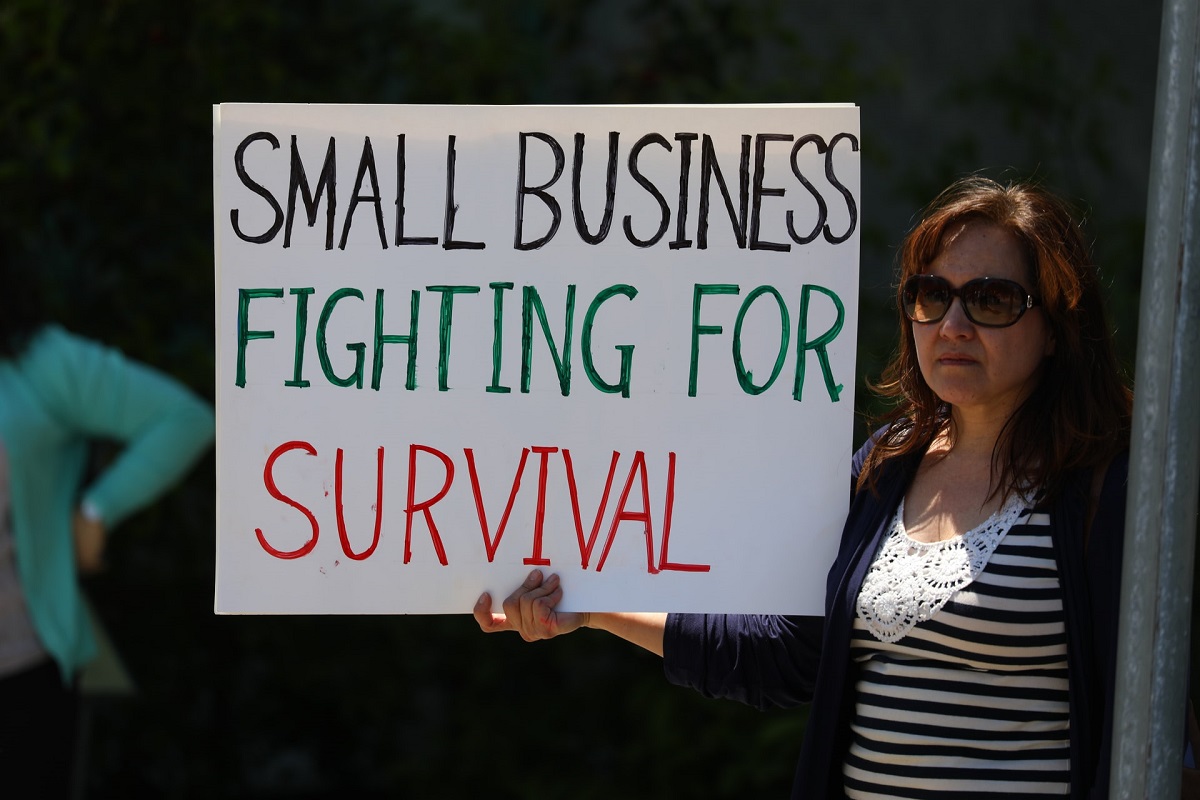
Members of the media may directly contact the following expert:
Peter Jaskiewicz (English only)
Full Professor and University Research Chair in Enduring Entrepreneurship, Telfer School of Management.
[email protected]
The focus of Professor Jaskiewicz’s research is on family businesses. Below are his thoughts related to current COVID-19 lockdown and small businesses.
Can we protect the economy and public health? That has been an important question during the COVID-19 pandemic. However, with cases growing in many communities, this has transformed into a different question of what is more important: the economy or public health?
I would urge people to look for ways to protect the economy and public health. Small businesses are mostly family businesses and form the backbone of our economy and our communities. Many of them are barely alive although they have done whatever they can to limit the transmission of the coronavirus. They share the same concerns as the public so we should try to work with them to find tailored ways to protect both our economy and public health.
Some public figures believe that small businesses are hotspots for the spread of the coronavirus and favor a lockdown of small businesses to contain the spread. They imply that small businesses are not well equipped to limit coronavirus transmissions and that closure might help limit transmissions.
I would be careful claiming the closure of small businesses is directly related to lower transmissions because of several factors: I have yet to see much data on transmission rates in small businesses; there is variation in community spread within and across provinces; there is variation in how small businesses work to prevent transmission; and, in Ontario, major locations of transmissions are facilities for the elderly and schools/daycares.
The relatively low transmission rates in stores, restaurants and businesses is a very positive sign, with the actions implemented by small businesses likely reducing the transmission of the coronavirus. One reason why many small businesses have been fast in implementing wide-ranging protocols is because the owner-managers live in the very same communities. They know that they have a responsibility for their customers and themselves and are aware irresponsible actions would see them lose their moral license and risk their own health and the health of their families’.
We should look to support small businesses through a variety of actions:
- Share updates on best practices more proactively with small business owners as frequently as possible and work with them to enable even saver customer experiences;
- Compare transmission risks across different types of small businesses and try to tailor safety rules to these types. For instance, a gym, a bookstore, and a barber shop will each have very different interactions with clients and might therefore need somehow different protocols to minimize risk of transmission;
- Enforce current rules to identify the very few black sheep that ignore best practices; and
- Inform the public about dangers of catching the coronavirus in the community. A lot of people believe that they might catch it when going to the grocery store. However, they are probably more likely to catch the coronavirus from their kids, who go to daycare or play at the playground with other kids.
